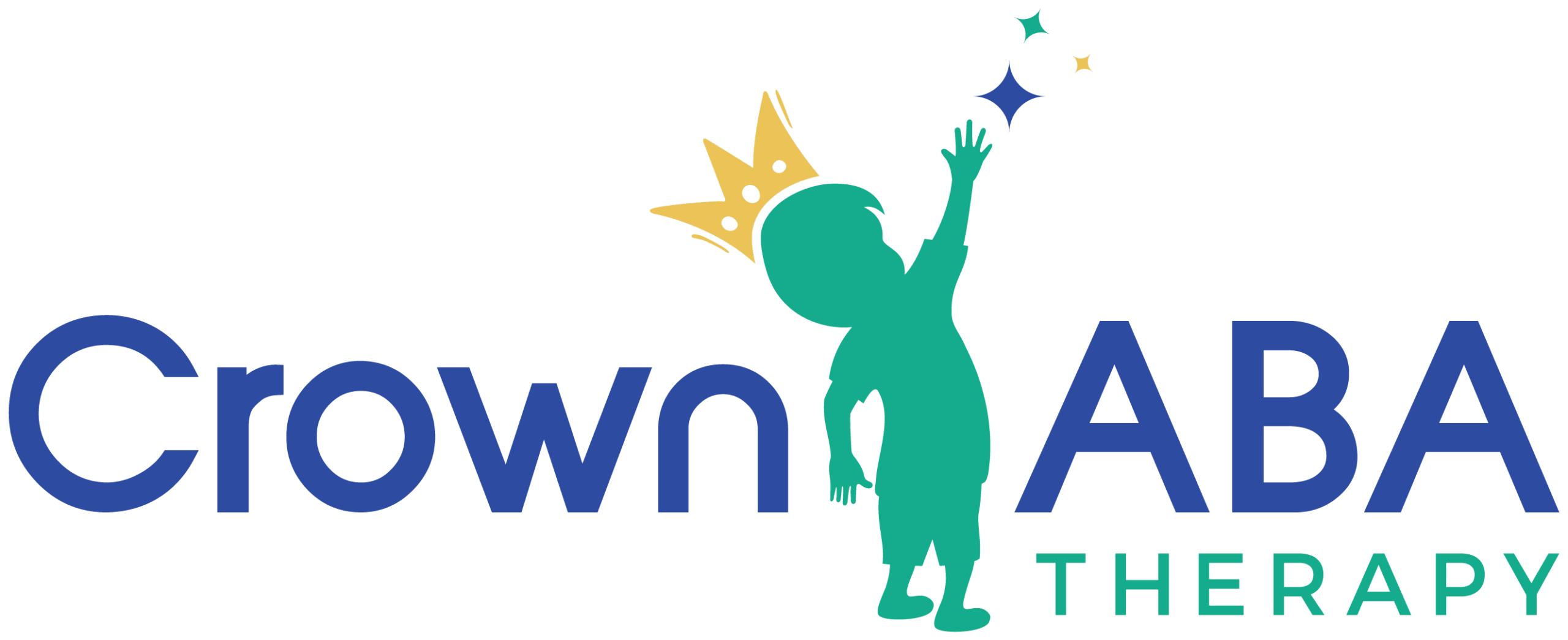Key Points:
- Many signs of autism in teens become clearer as social and academic expectations increase.
- Common symptoms include communication challenges, repetitive behaviors, and difficulty with social interaction.
- Early identification in adolescence can lead to helpful support through therapy and skill-building strategies.
Teenage years are full of changes—emotionally, socially, and physically. For parents, distinguishing between typical teen behavior and something more concerning can be challenging. When questions arise about autism, it’s important to understand what are signs of autism in teens so early support and appropriate strategies can be put into place.
Knowing what to look for and how autism might manifest in teens can give parents clarity, direction, and peace of mind. This guide covers the most common symptoms and behaviors associated with autism in teenagers, as well as what steps parents can take if they suspect their teen may be on the autism spectrum.
Can Autism Be Identified in the Teenage Years?
Yes, autism can be identified for the first time during adolescence, even if signs were subtle or overlooked during childhood. Understanding what are signs of autism in teens is essential because some symptoms may become more pronounced as social and academic demands grow.
Many teenagers with undiagnosed autism have learned to “mask” or hide their differences. They may have developed coping mechanisms in early childhood that helped them fit in, but those strategies often become harder to maintain during the teen years, leading to increased anxiety, stress, or withdrawal.
Recognizing symptoms in teenagers is the first step toward getting support, building communication and life skills, and improving their daily experiences.
Why are Some Autistic Signs Sometimes Missed Earlier?
There are a few reasons autism can go unnoticed until adolescence:
- High-functioning traits: Some teens with autism may have advanced verbal skills or perform well academically, which can mask challenges in other areas.
- Gender differences: Girls with autism are more likely to camouflage their symptoms by mimicking peers or staying quiet in social settings.
- Misdiagnosis: Symptoms may be mistaken for ADHD, anxiety, or behavioral issues.
This makes it all the more important to understand the core signs of autism in teens.
 Common Signs of Autism in Teens
Common Signs of Autism in Teens
Autism symptoms in teenagers vary widely, but many fall under the categories of social communication, behavioral patterns, and emotional regulation. If you’re wondering what are signs of autism in teens, look for the following patterns:
1. Social Difficulties
Many teens with autism struggle with understanding social norms or building meaningful relationships. Parents may notice:
- Difficulty starting or maintaining conversations
- Challenges with reading body language or facial expressions
- Few or no close friendships
- Preference for being alone or staying in familiar environments
- Trouble understanding sarcasm or figurative language
2. Communication Differences
Even teens who are highly verbal may show signs of communication challenges. These might include:
- Talking at length about personal interests without noticing if others are engaged
- Speaking in a flat or unusually formal tone
- Difficulty adjusting language for different settings (e.g., school vs. home)
- Taking things very literally
3. Repetitive Behaviors and Special Interests
Autistic teens often find comfort in routines or develop deep interests in specific topics. Common signs include:
- Insistence on specific routines or rituals
- Repetitive movements (e.g., hand-flapping, rocking)
- Intense focus on niche subjects (e.g., trains, history, math)
- Strong reaction to changes in plans or environment
4. Sensory Sensitivities
Many teenagers with autism experience heightened sensitivity to sensory input. This could include:
- Discomfort with loud noises or bright lights
- Avoiding certain textures in clothing or food
- Becoming overwhelmed in busy or chaotic environments
5. Emotional Regulation Challenges
Teens on the spectrum may struggle with managing their emotions, especially during transitions or unexpected changes:
- Frequent meltdowns or shutdowns
- Difficulty identifying or expressing emotions
- Increased anxiety, especially in social or unfamiliar situations
- Strong emotional reactions to minor frustrations
Additional Signs Parents Might Notice
Some less obvious signs may also suggest autism in a teenager:
- A tendency to follow rules rigidly
- Talking more easily with adults than peers
- Trouble organizing tasks or managing time
- Feelings of loneliness or being “different” from peers
These autism traits can often be misunderstood as disobedience, laziness, or immaturity, when in reality, they may stem from undiagnosed autism.
 When to Seek an Evaluation
When to Seek an Evaluation
If several of these signs seem familiar and consistent over time, it may be worth seeking an evaluation from a developmental pediatrician, psychologist, or neurologist who specializes in autism. Diagnosis during the teen years can open up opportunities for targeted support, therapy, and accommodations that can make school and social life easier.
Parents should keep in mind that autism is a spectrum—every teen is different. A formal evaluation involves interviews, observations, and questionnaires that assess social, communication, and behavioral development. To better understand which assessments are most effective during this process, check out our article Best Screening Tools for Autism Spectrum Disorder (ASD).
How to Support a Teen With Autism
Whether a teen is newly diagnosed or showing signs without a formal diagnosis, there are many ways parents can help them succeed:
Foster Open Communication
Create a safe space where your teen feels comfortable talking about their experiences and emotions. Use direct, clear language and avoid sarcasm or metaphors unless you explain them.
Build Structure
Many teens with autism thrive with predictable routines. Visual schedules, to-do lists, and reminders can reduce anxiety and help them stay organized.
Encourage Strengths
Celebrate your teen’s unique interests and abilities. Special interests can become powerful tools for building confidence and even future careers.
Teach Social Skills
Social skills training or structured peer groups can help autistic teens navigate friendships, classroom interactions, and conflict resolution.
Seek Professional Help
ABA therapy, occupational therapy, and counseling can all play important roles in helping teens improve communication, behavior, and emotional regulation.
Every Teen Deserves the Right Support
Understanding what are signs of autism in teens empowers parents to take thoughtful steps toward support. While challenges may be present, teens on the autism spectrum also possess strengths and talents that can shine when nurtured in the right environment.
Looking for Support? Consider ABA Therapy in Maryland
If your teen is showing signs of autism or has already been diagnosed, professional support can make a meaningful difference. Crown ABA offers expert ABA therapy in Maryland, helping adolescents build essential skills for communication, behavior, and daily life.
Applied Behavior Analysis (ABA) therapy is a highly effective, evidence-based approach that focuses on improving behaviors that are important to everyday functioning. With customized programs tailored to each individual, Crown ABA works closely with families to support growth in real-world settings—at school, at home, and in the community.
For parents in Maryland looking for compassionate and professional care, Crown ABA is ready to help. Don’t navigate this journey alone—get in touch today to learn how ABA therapy can support your teen’s development and well-being.





